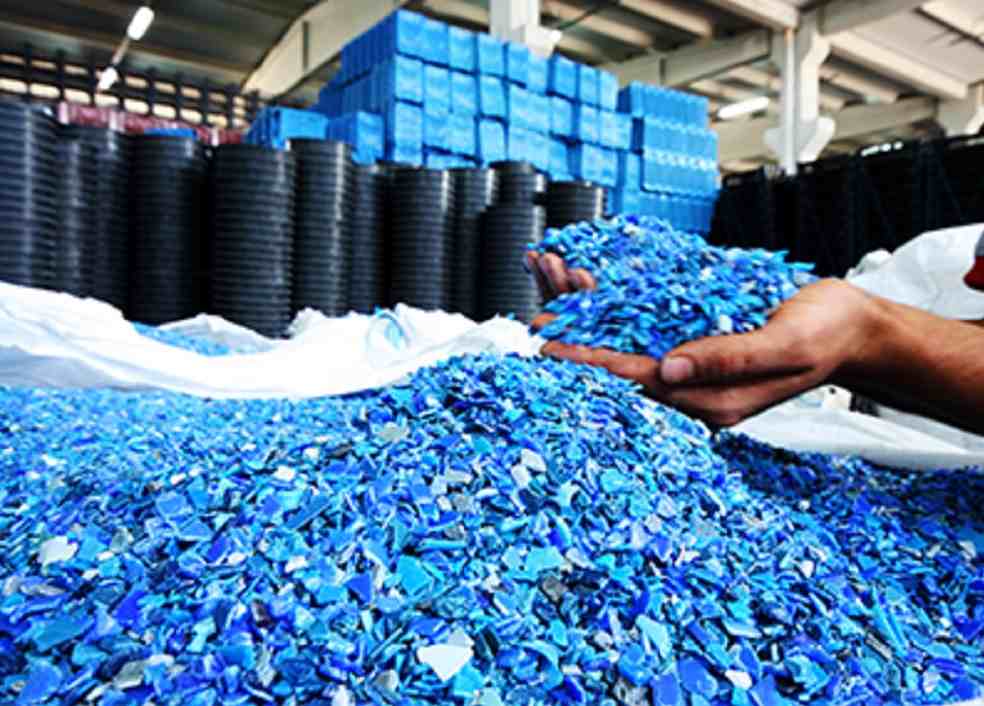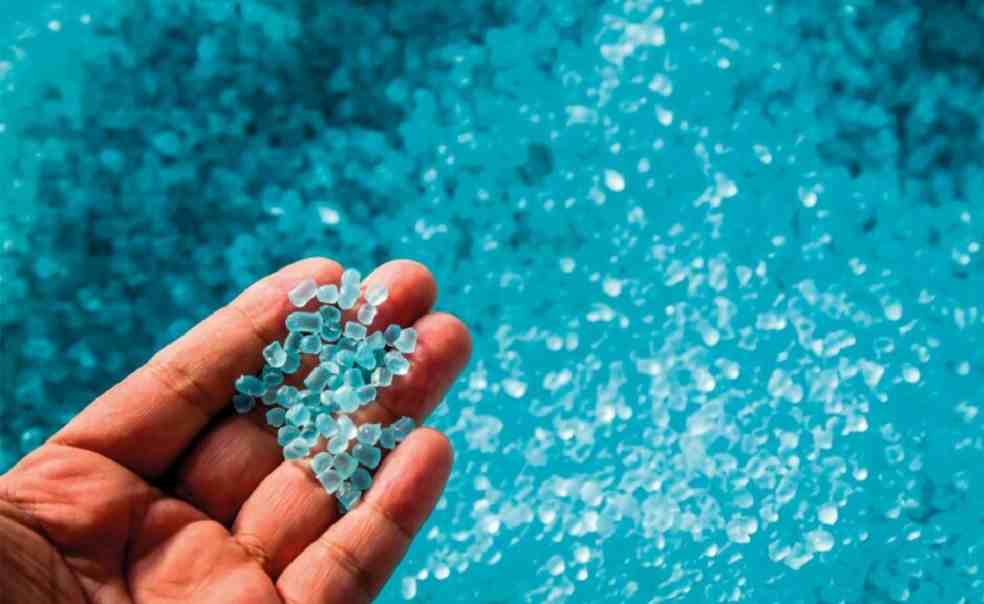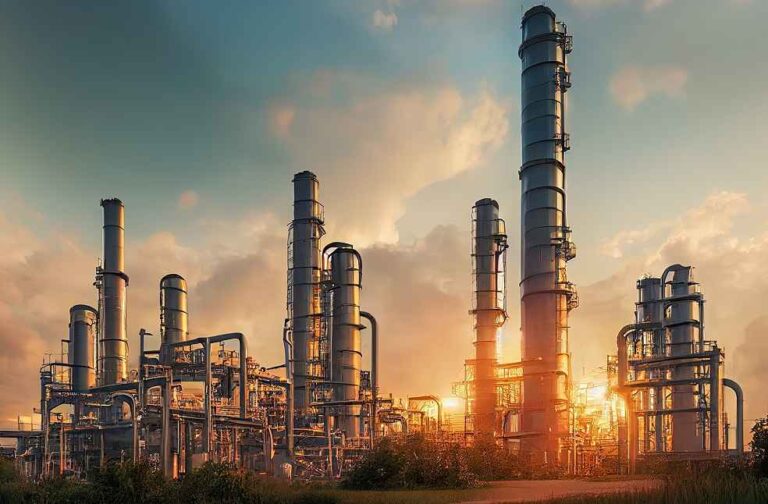Brazil’s recent strategy to rejuvenate its petrochemical sector involved modifying import tariffs on polymers. Targeting the enhancement of local producers like Braskem, this policy shift diverges from previous governmental decisions.
Policy Transformation
Brazil’s Chamber of Foreign Commerce (Gecex-Camex) recently increased import tariffs on a slew of polymers such as HDPE, LDPE, LLDPE, PP copolymers and homopolymers, PVC, and PS. These rates escalated from 11.2% to 12.6%, partially overturning a 2022 decision to lower them. This move is designed to enhance the profitability of Brazilian producers. Significantly, countries within the Mercosur trade bloc, including Argentina, Paraguay, Uruguay, and associate member Colombia, remain exempt from these tariffs due to existing trade agreements.
Impact on the Industry
Braskem, Brazil’s petrochemical giant, along with other manufacturers like Unigel and Innova, is set to benefit from these tariff changes, especially in the PE and PP segments. Notwithstanding the tariff rise, there’s a belief within the industry that further increments might be necessary to counter Asian polymers’ appealing prices and logistical advantages.

Market Dynamics
Against a backdrop of global oversupply and China’s gradual economic recovery, Latin America emerges as an optimal market for absorbing excess materials. This influx of imports, covering about half of Brazil’s demand, has been detrimental to the financial stability of local manufacturers.
Governmental Strategy
Reacting to pressures from Abiquim, Brazil’s national chemicals trade group, the current administration is striving to safeguard domestic markets from aggressively priced imports. This year’s tariff adjustment is among several protective measures adopted, following previous increases and the re-establishment of the REIQ tax break for the sector.
Response from Distributors
While producers have applauded the move, distribution networks anticipate a modest impact on their operations with potential margin constraints. The inland port of Manaus, benefiting from a tax-free zone and exemption from import tariffs, is poised for a surge in PE imports.

Brazil’s modification of polymer import tariffs demonstrates a concerted effort to bolster its domestic industry amidst global trade intricacies. With a focus on enhancing local production capacities, the government also confronts the challenge of ensuring equitable competition and tackling the potential exploitation of tax incentives, particularly at key points like Manaus. This evolving scenario underscores the complex interrelation between Brazil’s domestic policies and global economic trends in shaping its petrochemical sector.
IMEX SECTOR | Antwerp Diamond Industry Turn to Tech for Ethical Sourcing Amid Sanctions



